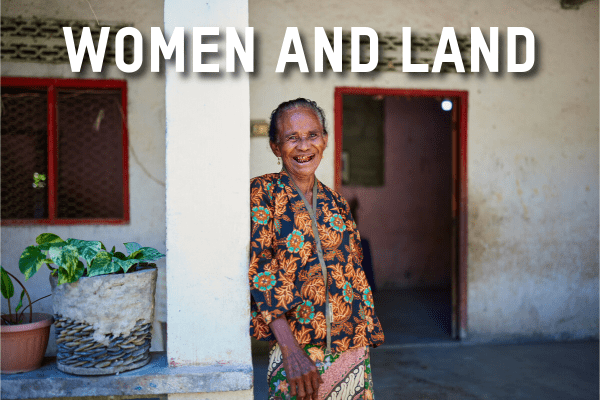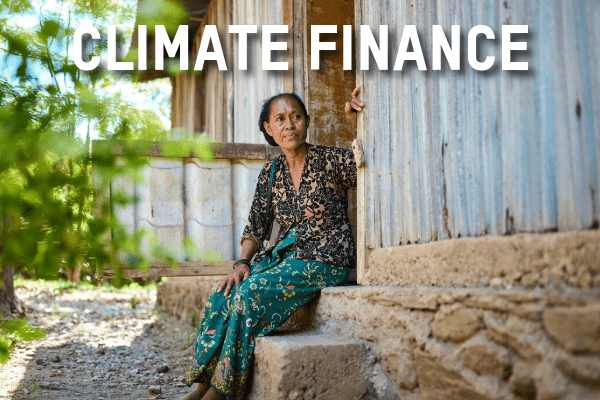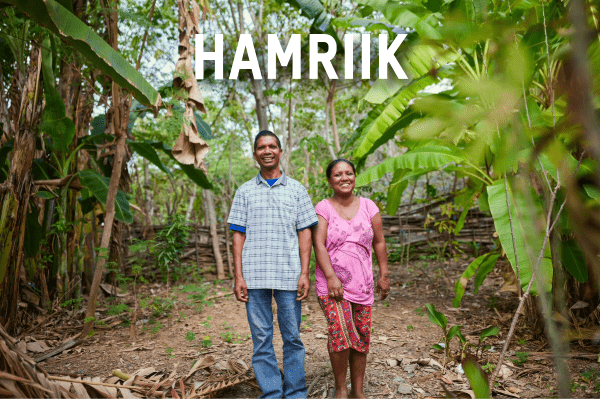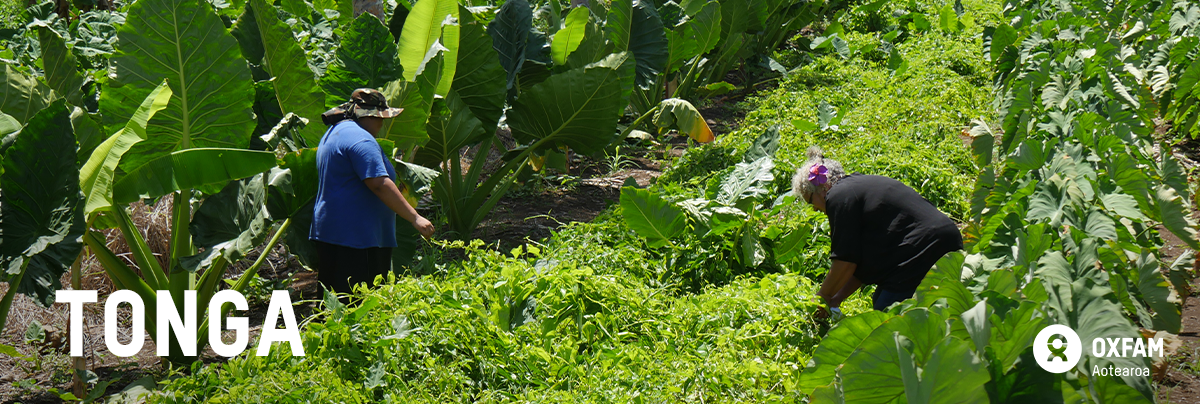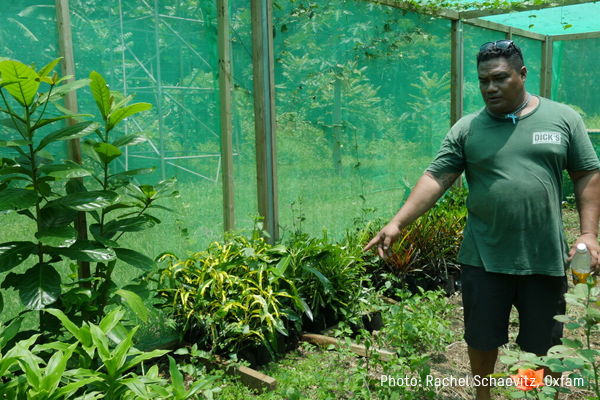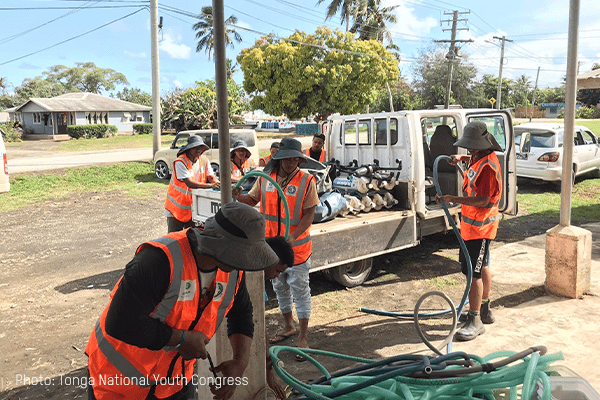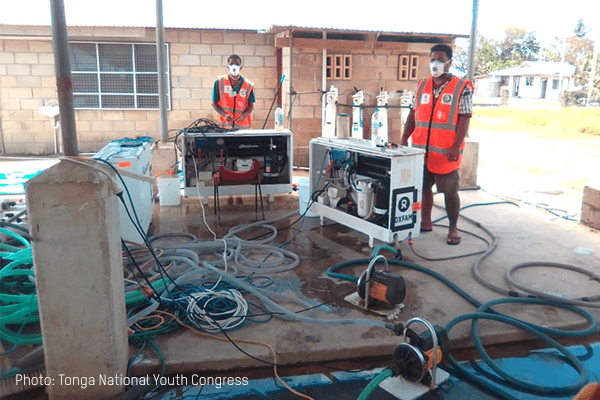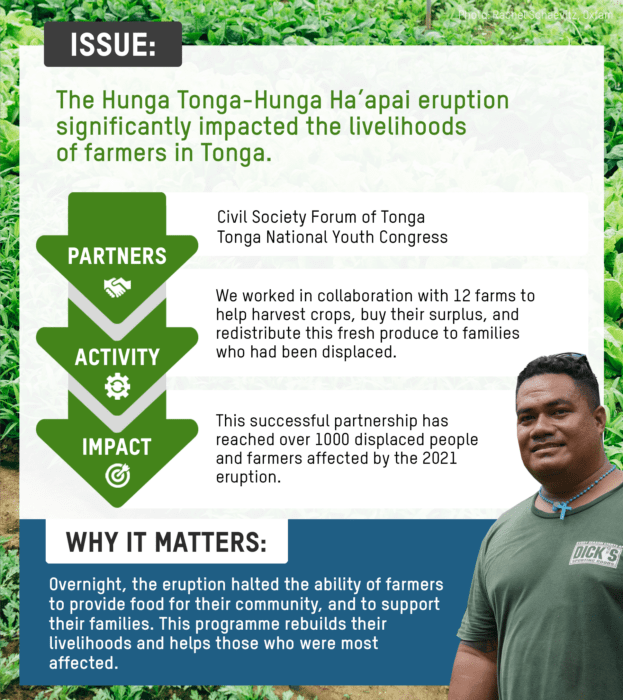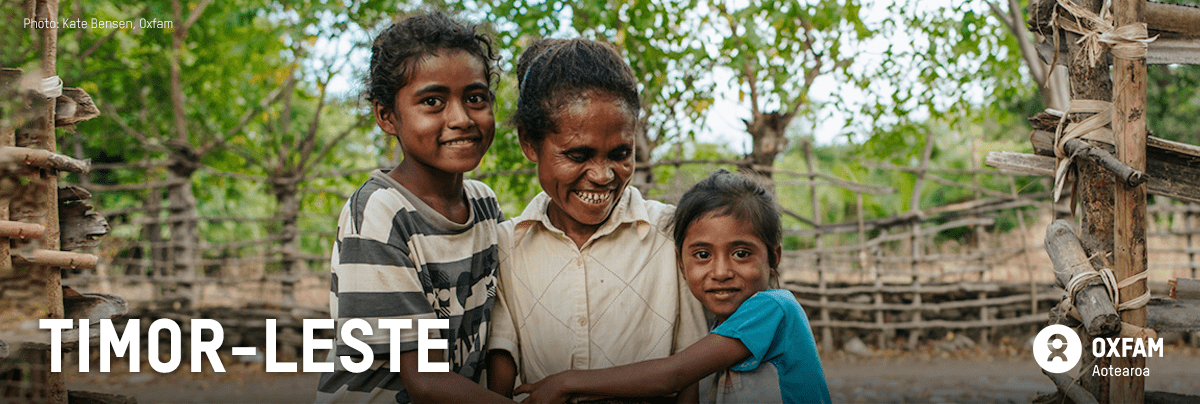
Timor-Leste is a nation comprising half of the island of Timor, in Southeast Asia. Timor-Leste is highly vulnerable to climate-related disasters, and is considered the seventh most disaster-prone country in the world. Women and girls are disproportionately affected by the negative consequences of drought, landslides, and floods. Gender-based violence is prevalent across Timor-Leste and research shows that climate emergencies can lead to further increases in domestic violence.
Timor-Leste is home to about 1.3 million people and is one of the poorest countries in the Asia-Pacific region. Almost half the population lives below the poverty line. According to the UNDP Human Development Report, Timor Leste is among the bottom six Asian countries with a low Human Development Index and the highest Multidimensional Poverty Index.
Although it is well-placed to serve the Asian market, there are many hurdles to establishing a thriving business in Timor-Leste, including poor roads and access to banking services. Agriculture dominates the economy, accounting for 15 percent of GDP and approximately 39 percent of employment. Insufficient food production and an under-developed local market have led to a dependency on imports of rice and other commodities. Malnutrition and poor health are widespread and most rural households suffer from food shortages for at least one month of the year.
One of the key issues facing the people of Timor-Leste is a lack of skills in key areas from government planning to community self-determination. Capacity to deliver essential services remains weak and the rebuilding of infrastructure and civil administration remains a huge challenge.
Quick facts from the World Bank, UN Human Development Report, and UNICEF:
Capital of Timor-Leste: Dili
Population: 1,343,875 (2022)
GDP per capita (USD): $1,442.73 (2021)
Human Development Index: 0.606, rank 141 (2021)
Language: Official languages are Portuguese and Tetum
Adult Literacy: 68.1 (2021)
Life expectancy: 69.5 years (2021)
Access to safe water: 78% (2021)
People living below the national poverty line: 41.8% (2021)
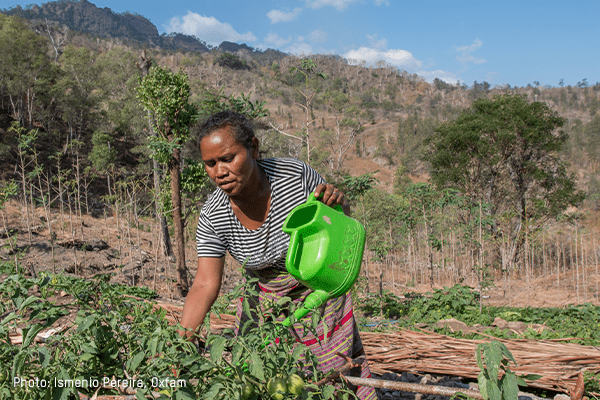
KEY PROJECTS
In Timor-Leste, women’s mobility, security, advancement and voice are influenced by a range of highly restrictive patriarchal social norms. Women frequently have less control over the assets on which their livelihoods depend, especially land.
An important aspect of improving women’s land rights will be making sure that formal and informal leaders recognise the how important it is that women have these rights in the first place.
For climate finance to provide the best possible return and the most impact, it must get to where it is most needed. Women and other vulnerable groups in Timor-Leste have not yet been able to adequately, equitably and optimally access or benefit from climate finance.
To put it simply, for women to get more access to this funding, they need to be at the table when the decisions are being made.
This initiative aims to strengthen the climate change adaptation capacities of households and communities in rural Timor-Leste, addressing the critical intersections between gender, disability, and climate change.
By supporting Oxfam you will:
Support local efforts to improve land rights in Timor-Leste to ensure more women own and control the land they farm
Contribute to local legal aid for women seeking to navigate land registration processes
Help educate farmers about their rights and how to protect them
Improve women’s access to climate finance
Ensure that there is greater transparency around how climate finance is used, especially in how it addresses the needs of women





